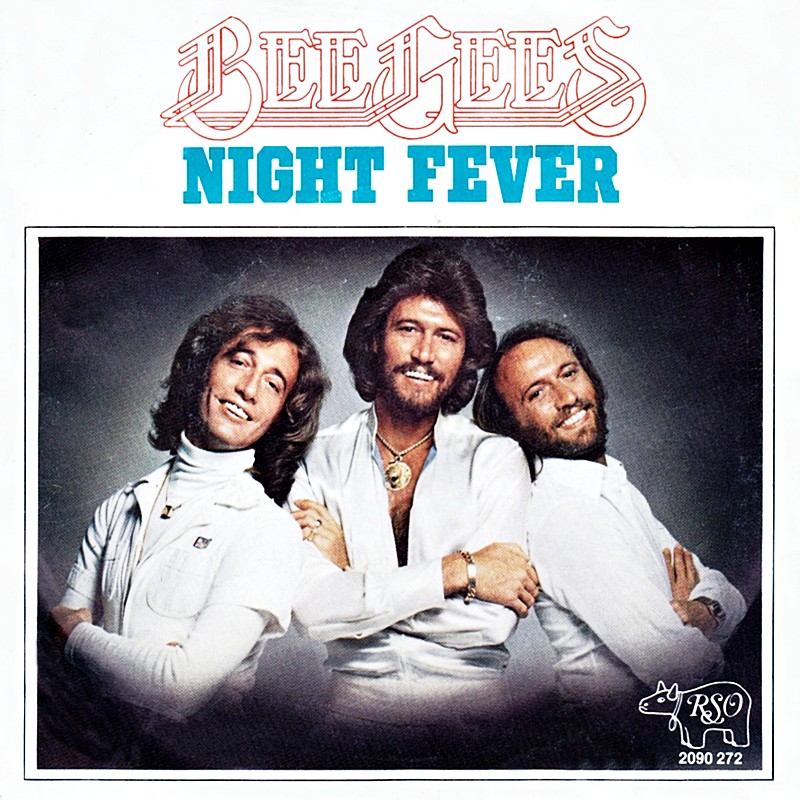
Night Fever: A Song That Defined an Era
In the realm of popular music, there are songs that resonate with a particular moment in time, capturing the essence of a generation and becoming anthems for a collective experience. “Night Fever” by the Bee Gees is one such song, an indelible masterpiece that has transcended the boundaries of time and genre to become a cultural phenomenon. Released in 1977 as part of the soundtrack for the blockbuster film “Saturday Night Fever”, “Night Fever” perfectly encapsulated the disco era, its infectious beat, pulsating rhythm, and soaring melodies epitomizing the soundtrack of a generation seeking liberation and self-expression on the dance floor.
The Bee Gees, the Australian-born brothers Barry, Robin, and Maurice Gibb, were no strangers to success, having already established themselves as pop icons with a string of hits in the 1960s and early 1970s. However, with “Night Fever,” they reached a pinnacle of their artistry, crafting a song that would not only dominate the charts but also become synonymous with an entire cultural movement.
“Night Fever” is a song that pulsates with life, its energy undeniable from the opening notes. The four-on-the-floor beat, a defining characteristic of disco, sets the pace, driving the song forward with an irresistible momentum. Over this rhythmic foundation, the Bee Gees weave their signature vocal harmonies, their voices blending seamlessly to create a tapestry of sound that is both powerful and emotive.
The lyrics, penned by Barry Gibb, capture the yearning and desire that fueled the disco era. The song’s protagonist, trapped in the monotony of daily life, finds solace and escape in the feverish world of the nightclub. The dance floor becomes a sanctuary, a place where inhibitions are shed and identities are transformed under the pulsating lights and throbbing bass.
“Night Fever” is more than just a catchy tune; it is a sonic portrait of an era, a distillation of the hopes, dreams, and frustrations of a generation seeking self-expression and connection. The song’s enduring popularity is a testament to its ability to transcend time and cultural boundaries, speaking to the universal human desire for escape, connection, and self-discovery.
“Night Fever” is not just a song; it is an experience, an invitation to lose yourself in the rhythm and let the music take over. It is a reminder of a time when music had the power to unite people, to create a shared sense of euphoria and collective release. In a world that often feels fragmented and disconnected, “Night Fever” stands as a beacon of hope, a reminder of the transformative power of music to bring people together.